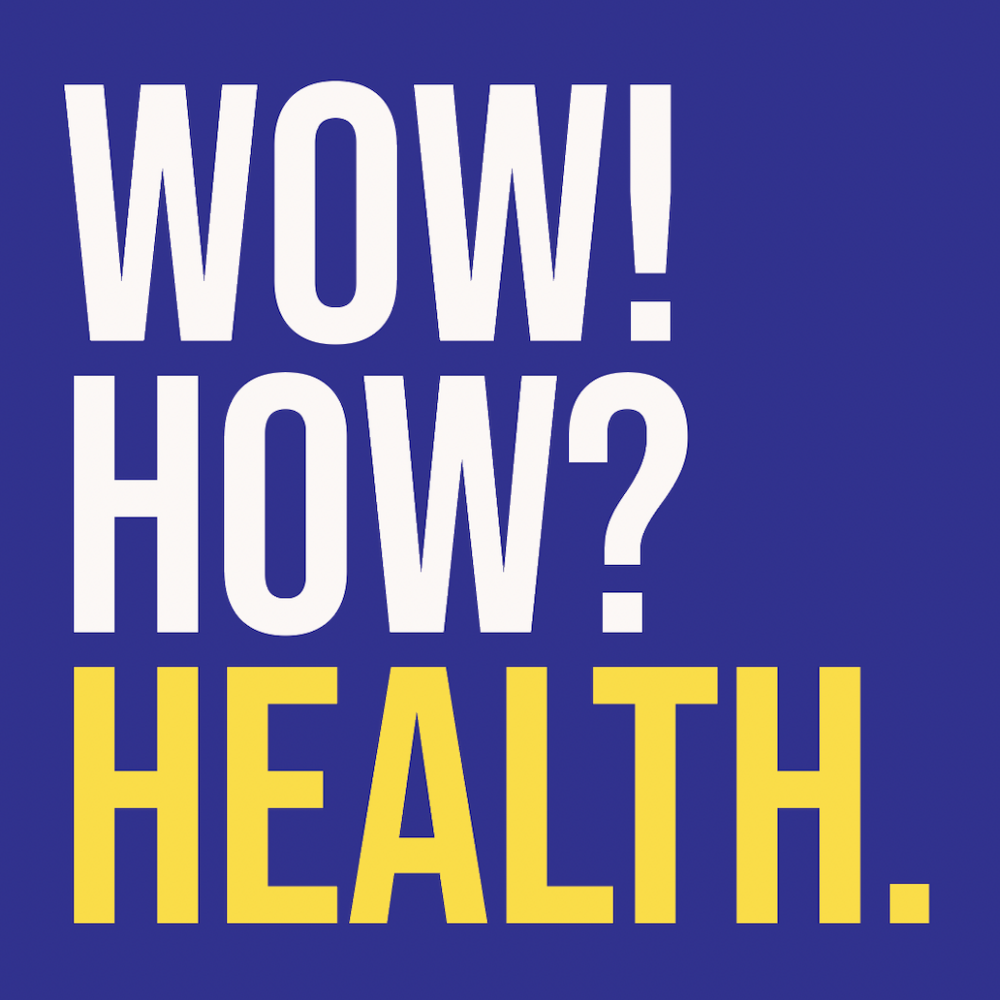
A scientific journal article written primarily by patients about their health condition has been downloaded over a million times.
We reached this milestone after years of activism, advocacy, and demands for justice. The internet supercharged everyone’s ability to connect with information and with each other. The crucible of the pandemic then forced us into new conversations about knowledge creation and personal science, resulting in new partnerships among researchers, whether based at institutions or at home. The result is faster (and I would argue better) paths toward discovery.
In March 2020, clinicians and public health authorities were telling patients that if they survived the worst effects of the COVID-19 virus, their recovery would take about two weeks. A group of people in an online community, the Body Politic, started comparing notes on their symptoms and realized that they were experiencing illness that was not being recognized or tracked by anyone.
In April 2020, Fiona Lowenstein, founder of the Body Politic, published an op-ed in The New York Times that triggered an avalanche of attention – particularly among other Long Covid patients who previously thought they were alone in their struggle.
A small group of Long Covid patients who are trained in research techniques stepped forward to write and field an online survey. They used what they had on hand – Slack and Google Docs – to collect, analyze, and publish the first report describing Long Covid. There was no data. So they created it.
Their success has been meteoric and credit goes to both the Patient-led Research Collaborative (PLRC) for their work and to the scientific community for recognizing its worth. For example, this one article written by Hannah E. Davis, Lisa McCorkell, Julia Moore Vogel, and Eric Topol, MD for Nature Reviews Microbiology has been accessed over 1.2 million times and is ranked #3 in online attention among nearly half a million journal articles published around the same time.
The PLRC continues to fund and conduct ongoing studies into patient experience with COVID-19. They also worked with the Council of Medical Specialty Societies to co-create a set of scorecards to help other organizations understand how to meaningfully engage with patients in clinical research.
My upcoming book, Rebel Health, contains more stories like this about pioneering patients, survivors, and caregivers who gather together to solve medical mysteries and everyday challenges. Let me know what trends you are monitoring as we forge these paths forward toward health.
Leave a Reply